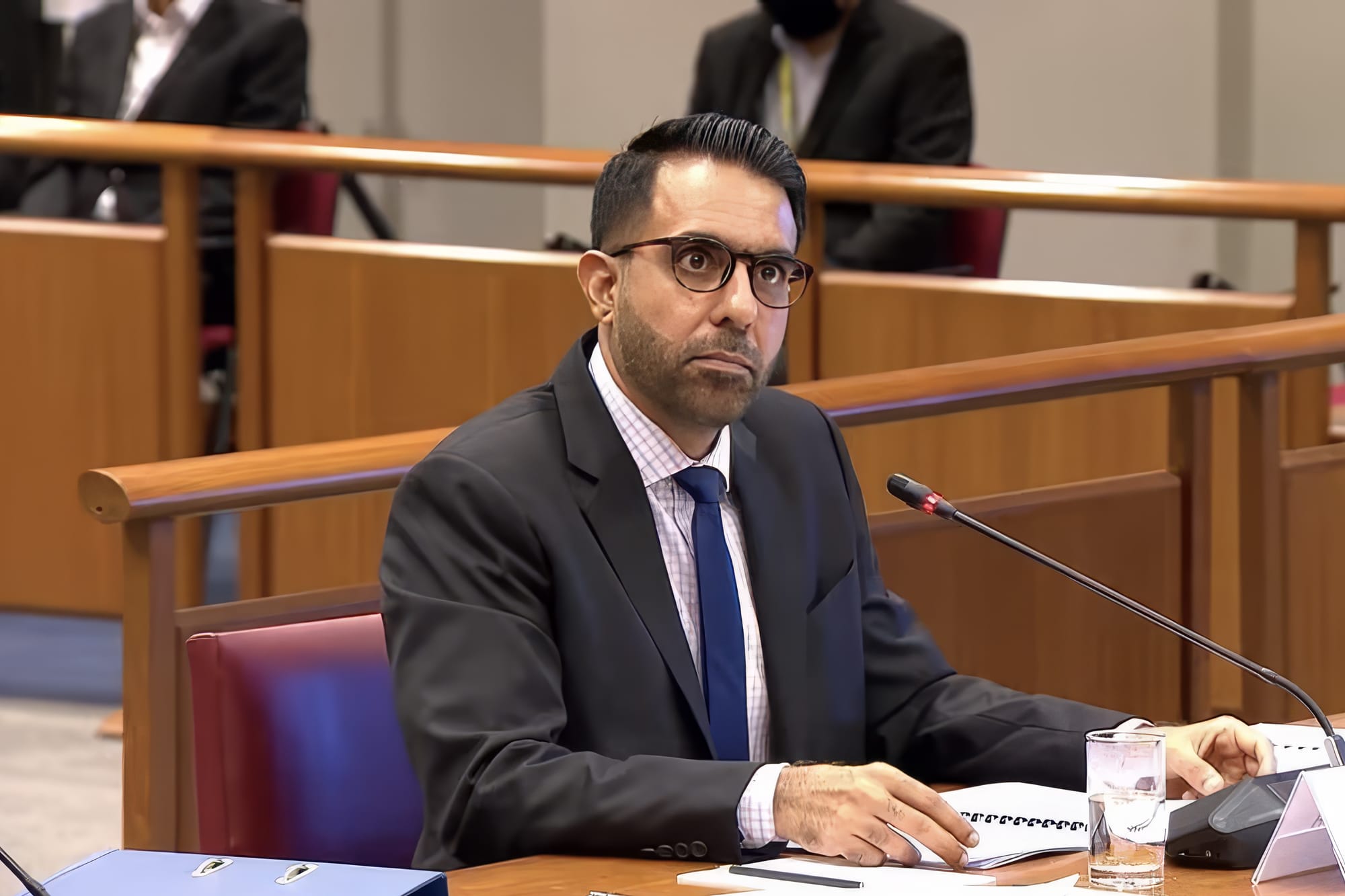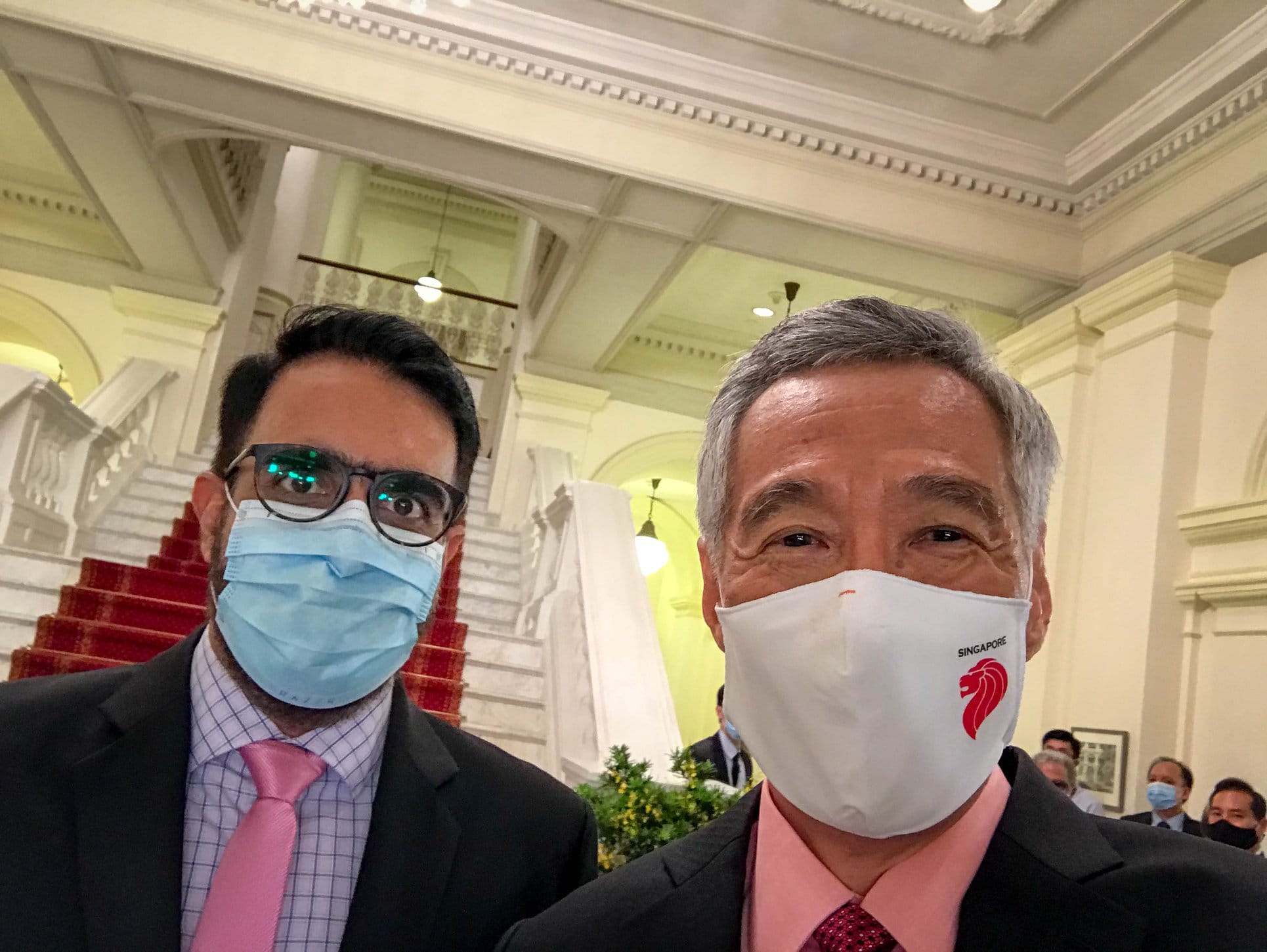So, why did PAP decide to save Pritam and amended the constitution, raising the minimum fine that would lead to mandatory disqualification from parliament to $10,000 instead of earlier $2000?
Wouldn't it be better to leave it as it was, to increase the chances of him losing his seat?
No, and I think it was a carefully calculated move.
First of all, the argument that the amount hadn't been raised since 1965 and therefore needs to be updated is, of course, perfectly valid.
$2000 in the 1960s is equivalent to approx. $9000 today and laws should be periodically amended to reflect the reality of the current time.
However, it's also hard to believe that the decision was made without considering the potential political consequences to Pritam (and Faisal, at the time).
You see, if Pritam gets convicted of perjury – and there's a good chance that he will be – he is going to be under tremendous pressure to step down anyway.

With the old conditions in force it would happen automatically, allowing him and his supporters to claim he was a victim of an outdated law, that the ruling party kept in place to ensnare opposition politicians and kick them out of parliament easily.
After the update, however, it will be up to him to resign, or try to hold on to his seat and get punished by the voters.
Of course, there is a large number of people who will vote for WP no matter what – however, those are not the ones that the party is trying to attract.
The real battle is over the middle ground, and many moderates will not support a political leader convicted of intentional lying under oath.
If Pritam is found guilty but decides to stay, he's going to risk losing the few percent of the voters that gave his party a win in Sengkang, and a few more that he is hoping to convince in other constituencies.
And, as he won't be booted automatically, his resignation would amount to acceptance of the court's verdict and admission of guilt.
There's no way to blame the PAP, unless you want to claim the entire system is rigged, but that would alienate the moderates even further (besides that, COP hearings were public and we've all seen and heard it all).
Moreover, under the previous rules he would have been disqualified for 5 years, after which he could return (as a martyr). But if he resigns there's no coming back (not legally, but politically).
Ironically, he was the one who made the fuss about the low amount that would have him lose his seat, so PAP was only happy to oblige and passed the amendment (with WP's support as well).
He literally got what he asked for.
PAP washed its hands, amended the law which, objectively, needed to be updated, and left Pritam to grapple with the consequences of his own behaviour.
It's his call now.





